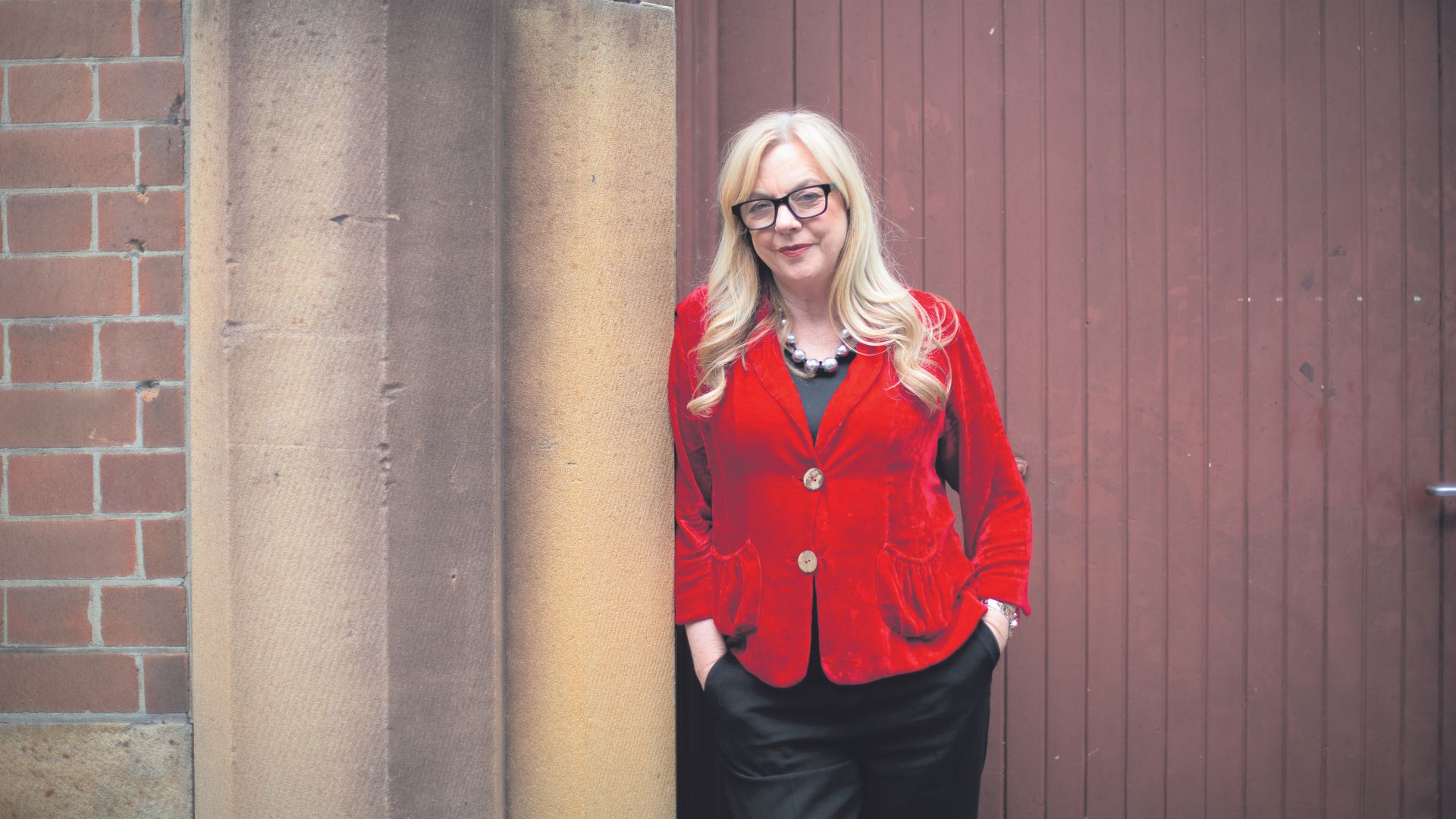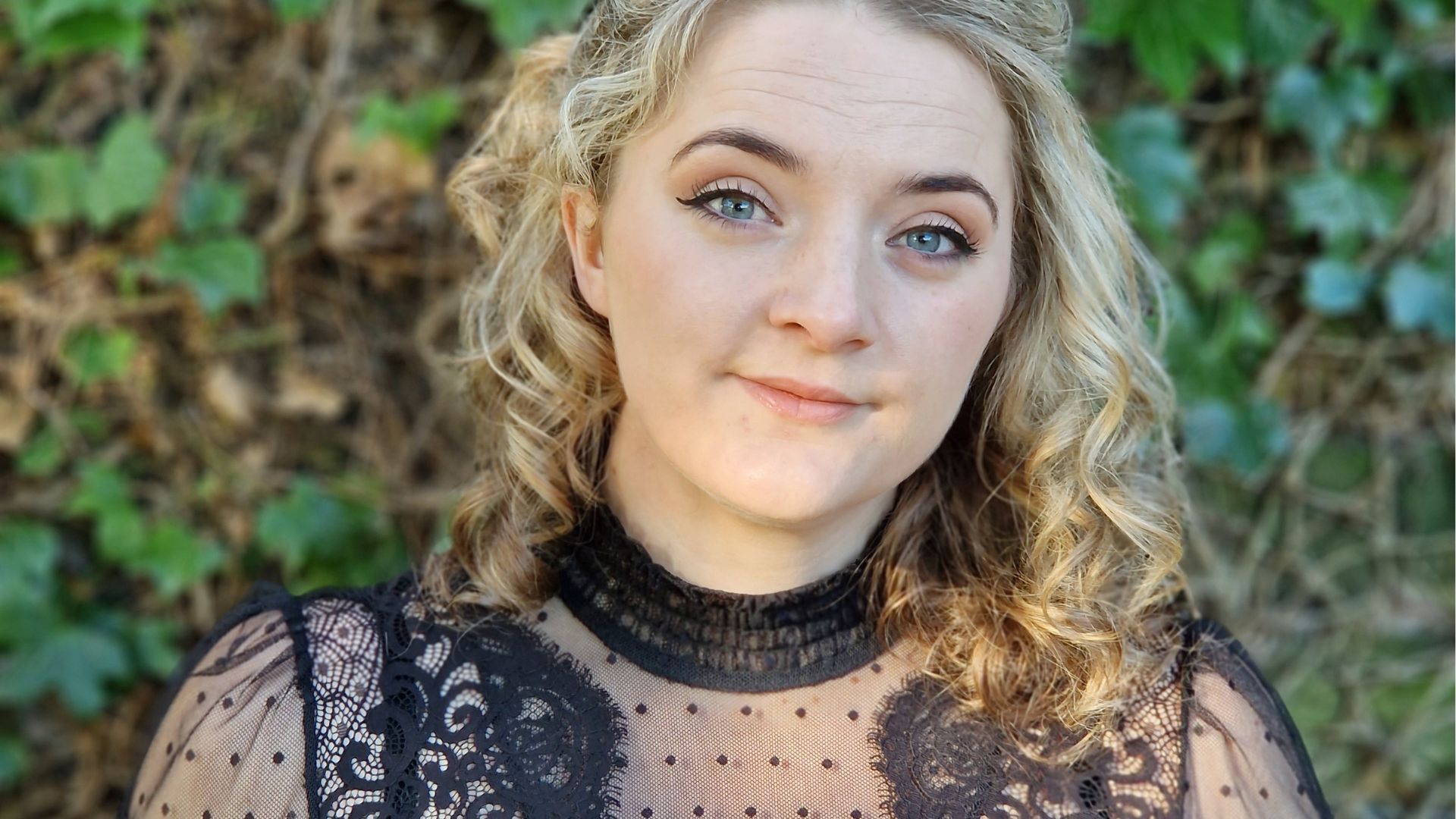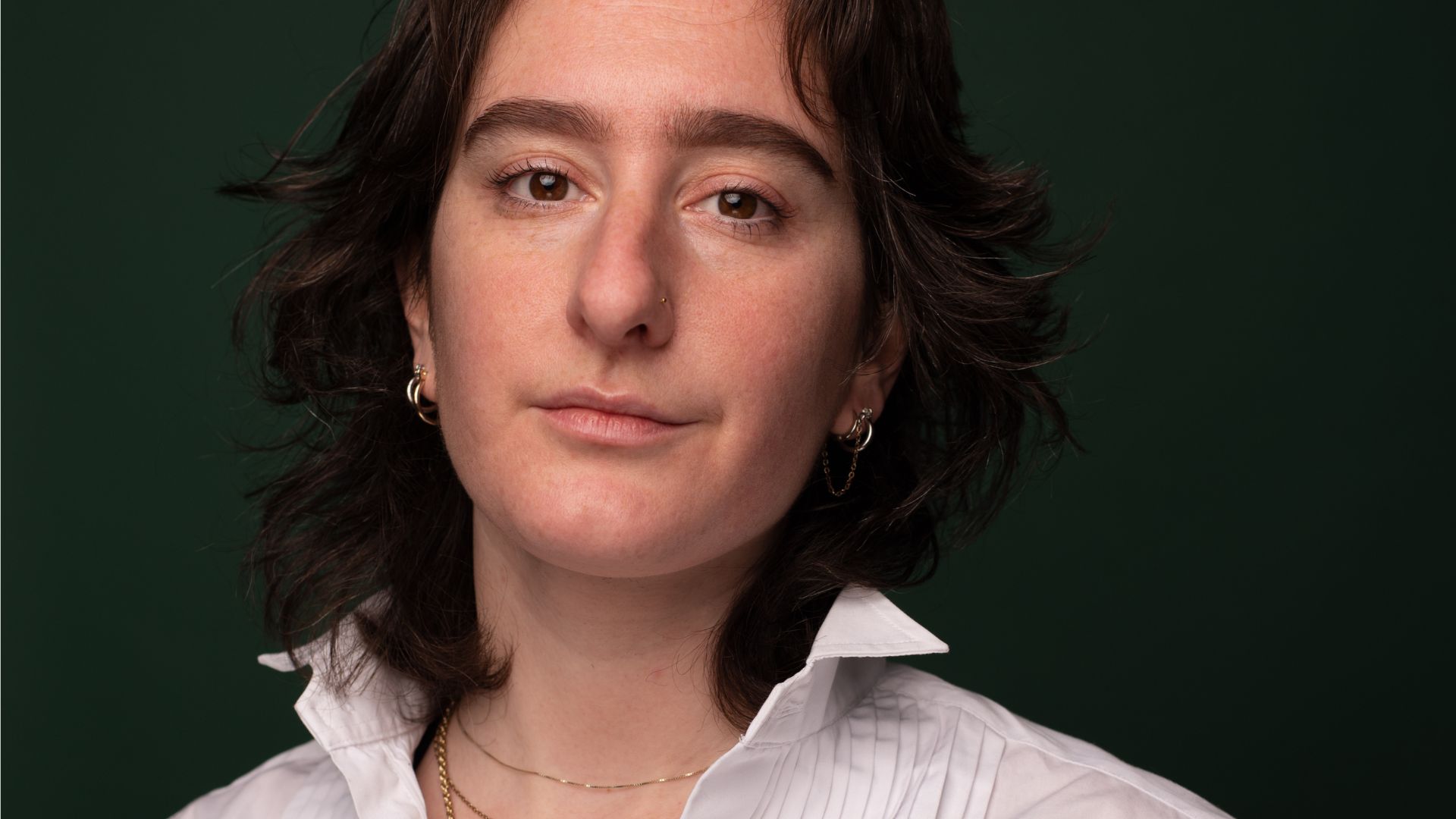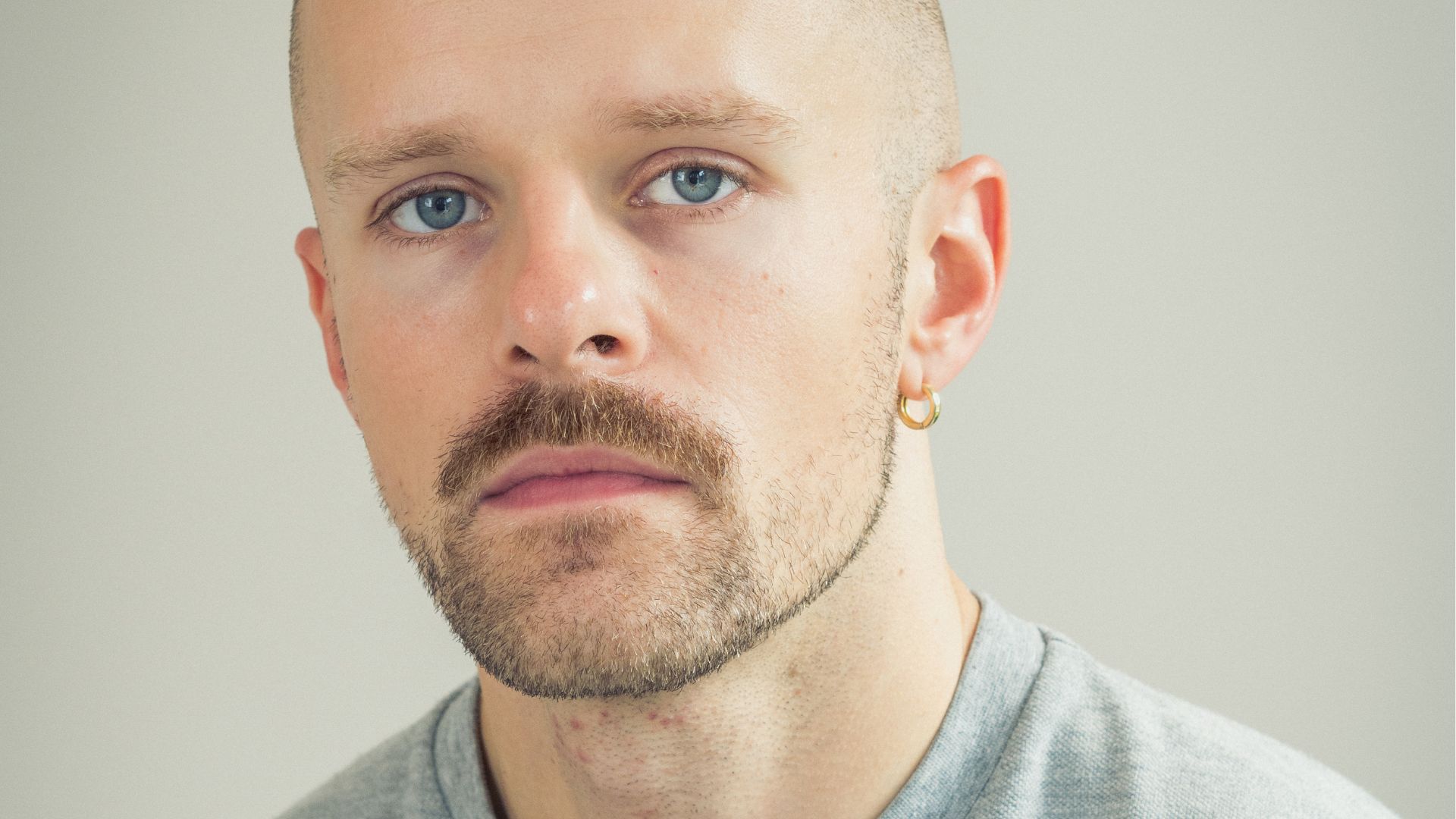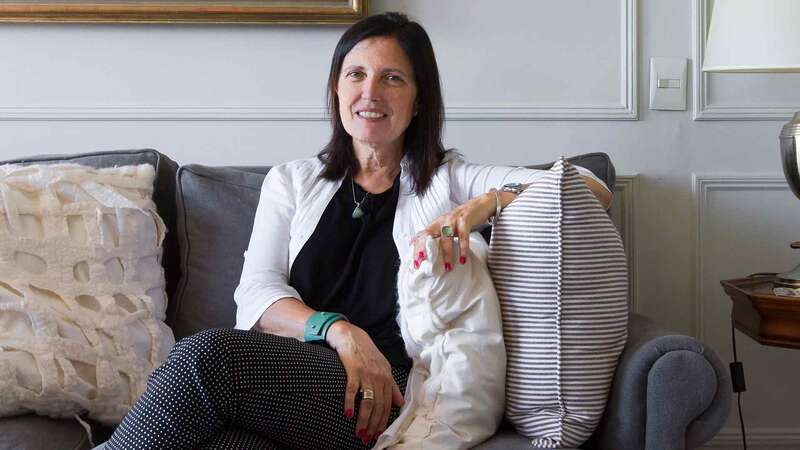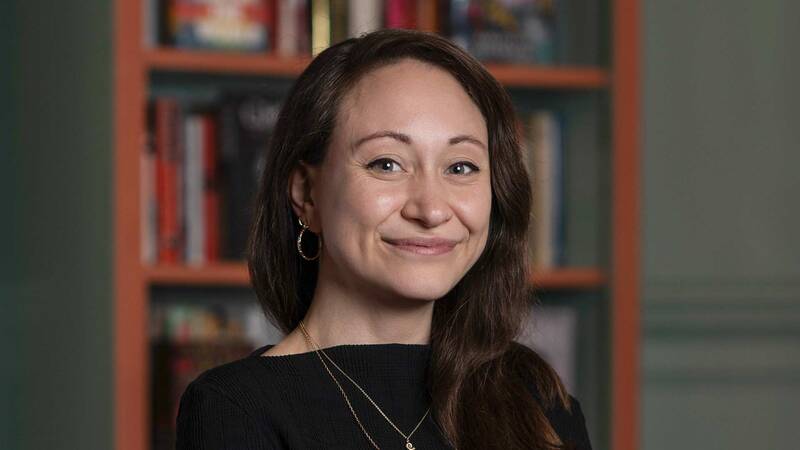You are viewing your 1 free article this month. Login to read more articles.
Débuts of 2024: Volume 2
Four first-time novelists discuss their fiction in our Débuts of 2024 selection.
Prima Facie
Hutchinson Heinemann, 14th March, £16.99, hb, 9781529153644
Fresh from its spectacular success in London’s West End and on Broadway in New York, playwright Suzie Miller has adapted her award-winning one-woman legal drama “Prima Facie” into a gripping debut novel. On stage, it played to sell-out audiences and scooped Miller the Olivier award for best new play, with Jodie Comer named best actress for her portrayal of barrister Tessa Ensler at both the Olivier and Tony Awards.
Prima Facie (pronounced fay-see) unfolds from the perspective of Tessa, a hot-shot criminal defence barrister, among the brightest stars at her male-dominated London chambers, having risen from a Luton council estate. Brilliant, tenacious and quick-thinking in court, she relishes the challenge of defending a case, believing her job is to tell a story and then the jury will decide on the truth. But when a date with a colleague goes very wrong, Tessa finds herself on the other side of the courtroom in a rape case, her faith in the legal system shaken to its core.
When Miller speaks to me via video call from her home in Sydney, brimming with enthusiasm despite the lateness of the hour, I ask about the process of turning her hit play into a novel. “When I wrote the play, I felt I had so much material – I’d done so much research, I’d spoken to so many people, I knew exactly the shape of what I wanted to write. But on stage, you only have 90 minutes… it was lovely to be able to sit down and actually lose myself in the story.”
A novel allowed Miller to use her playwright’s grasp of pace—“I know an audience can fall asleep at the drop of a hat!”—but also flesh out Tessa’s background. “Every line in a play has to tell you something and has to have some subtext within it, but you can say what [a character] is thinking in a novel. So I could excavate that psychological drama in a way that I had to be so careful about doing on stage, in case it became [a character] telling you what they are thinking all the time.”
When Tessa has her own experience of sexual assault at the hands of a wealthy, entitled colleague, she must deal not only with the trauma itself but, when she decides to report it, the realisation that there is something very wrong about the way assault cases are tried: she will be cross-examined about the assault, but he will not have to take the stand. “Because she’s been on both sides of the law, she has the language to articulate where it is going wrong. So, it’s not about saying : ‘You are all idiots’ or ‘this is not fair’. It’s about saying: ‘When you do that, what you are doing is shaming and undermining me because I am actually the person who had this happen to me. I might not remember this, that or the other, but I remember who did it and what happened…’”
Miller trained as a lawyer and thinks the seeds of Prima Facie may have been sown at law school when she first learnt how sexual assault cases were tried. She studied at the University of New South Wales (UNSW) and joined a corporate law firm after graduating. She also signed up with the Actors Centre in Sydney, initially to help her with advocacy. Moving into human rights law, she also found the time to study for an MA in theatre and film at UNSW, as well as bringing up children. Her first play “Cross Sections” transferred to the Sydney Opera House in 2003, and eventually she was able to combine her two passions in a dual career: three days a week as a playwright and three days a week as a lawyer. In 2010, she became a full-time playwright after taking up a residency at the National Theatre in London. But it was only recently that she felt she had “the language and the craft to be able to have such a complex conversation in a story... I want people to be able to have a laugh with her as well [and see] the whole person.”
The play has already had an extraordinary reach. A judge at the Old Bailey who saw the play in the West End got in touch with Miller to say she was going to rewrite the directions to the jury regarding what they can and can’t consider when they deliberate on rape cases. As a novel, Prima Facie , with its blistering points about class, power, the patriarchy and the law shaped by generations of men, should reach many more.
The week after we speak, Miller is due to fly to New York City to give a talk to the United Nations “on how writing can have an impact that can lead to change in the world”, she explains. “And I do strongly believe that stories can change the world.”
Tales of a Monstrous Heart
Gollancz, 29th August 2024, £20, hb, 9781399615976
Interviewed by Katie Fraser
"I wanted the romance to be the heart of the story and everything else built from that point”, Jennifer Delaney says over video call from her home in Liverpool about her decadent romantasy debut Tales of a Monstrous Heart.
The story follows Katherine Woodrow, an incredibly powerful Fey known as a Kysillian, who lives in a world run by an intolerant human society that persecutes the Fey and other magical folk. When she leaves her studies at the institute with her shapeshifting and wonderfully stubborn best friend Alma, Katherine is sponsored by the mysterious Lord Emrys. In his sentient and eminently likeable house, reminiscent of the magical dwelling in Howl’s Moving Castle, Katherine continues her studies and becomes drawn into Emrys’ quest. Someone is murdering the Fey, killing magical creatures and unleashing dark beasts known as the Verr into the population. While the human council tries to suppress the evidence, Katherine and Emrys work together to solve the mystery while their relationship begins to deepen.
The relationship that unfurls between Katherine and Emrys is delicate and intimate, founded upon a shared sense of justice and academic interests as well as taut physical tension. But while the current social media trend on TikTok and Instagram looks at a book’s “spice”, a rating determined by its explicit sexual content, Tales of a Monstrous Heart focuses on emotional connection, in homage to a classic, Gothic romance built upon “touches and little glances”. Delaney explains: “I wanted to have a safe space in the story. Growing up, a lot of girls don’t have [a safe space] and are forced to be a certain way.”
Speaking with Delaney, it becomes apparent that the novel has changed her life beyond the publishing deal, and that her character’s journey toward self-acceptance has been one the author has also embraced. Growing up in a “very working-class family” and attending an all-girls Catholic school, Delaney felt there were “harsh lines” she had to follow. At the school, classes were created based on where the students lived, and she remembers that some pupils were told by staff “you will only get a [grade] ‘D’ and an ‘E’ because you come from a council area”. Delaney was not diagnosed with dyslexia until she was 21 years old and remembers how at school “they didn’t really look into me at all”. She recalls: “When I got into writing, I started getting better at spelling and I remember a teacher chased me down and said that I must be copying someone else’s work because I can’t have become that good.” The effects of classism have stayed with Delaney and became a “massive inspiration” for Katherine’s character, who comes to defy those who look down on her human and Fey parentage.
After completing a MA in creative writing, Delaney struggled to find an agent for the novel she had written during the course. “It took three years of my life”, she tells me. “I didn’t go anywhere. I was [at] the lowest low.” When she began to write Tales of a Monstrous Heart, Delaney “channelled all that pain and disappointment into Katherine." After signing with an agent, everything shifted. “I have learnt a lot from Katherine,” Delaney says. “After I finished the book, I was so riddled with anxiety that I never went anywhere on my own. Then I got my agent and I was like: ‘If I’m going to do this, fight all [my] demons, then I have to go out into the world and do what Katherine does.’ I made a list: ‘Go on holiday on your own, go to London on your own and go for a meal on your own.’ I’ve done them all now.”
Creating a story that was “accessible to everyone” was important for Delaney, who “struggled to read for so long”. The many fantastical languages in the novel were constructed from the etymologies of existing words and “dictionaries of mythological creatures”. They were also purposefully designed to be spoken aloud: “It’s very phonetic... I can’t spell or practise things, so I just have to say it.” I challenge anyone not to be utterly enchanted by the deliciously sibilant Fey language that echoes throughout the final jaw-dropping pages.
Delaney hopes her novel will provide an entry point into fantasy for those who don’t usually read within the genre. She speaks ardently against the judgement surrounding certain genres, explaining that any book offering a “stepping-off point” into a new world is a “big accomplishment”. Tales of a Monstrous Heart certainly has the capability to be one such “stepping-off point”; the world-building, from the flora and fauna to the world’s history, is elegant and vivid, but never heavy-handed.
Tales of a Monstrous Heart heralds a new, spellbinding voice in the genre. With the second, “chunky” book in the trilogy already underway, it will certainly not be the last we hear from Delaney.
The Safekeep
Viking, 30th May, £16.99, hb, 9780241652305
Interviewed by Madeleine Feeny
Some novels demand to be written. One such is The Safekeep, Dutch-Jewish author Yael van der Wouden’s intense, confounding début, which tumbled out of her in six months. Over video call from New York—where she’s visiting her friend Alice Winn, author of In Memoriam—she acknowledges what a rare gift this is.
“The story kind of descended upon me. I know this will only happen once in my life.” The Utrecht-based author sent it to Winn’s agent; it sparked nine-way auctions in the UK and the US and sold in a further 12 countries.
When two of van der Wouden’s grandparents passed away within one week in 2021, she noticed the contrast between the clamorous Jewish shiva in Tel Aviv (which she attended remotely due to Covid-19 restrictions) and the sober Calvinist funeral in the Netherlands. This sense of her cultural duality percolated along with a short story she had written about three siblings, and her experience of growing up Jewish in the Netherlands, which she had explored in an acclaimed essay, “On (Not) Reading Anne Frank”.
When she was 10, her family moved from her mother’s homeland, Israel, to her father’s, the Netherlands. There she experienced anti-Semitism and learnt what it means to live in a country where your culture and language are invisible. “But if you walk through the city, and you’re paying attention, you will see traces of Jewish families.”
The plot hinges on this history of dispossession and erasure and is based on true stories about the legacy of the Holocaust that swirl around the Dutch Jewish community.
Set in the conservative Dutch countryside in 1961, The Safekeep is at once a fervid tale of lesbian awakening and forbidden love, and something altogether darker, which seizes you by the throat. A masterclass in dramatic tension, it immerses you in the repressed, regimented world of Isabel, who lives alone in her family home at nearly 30, caring obsessively for her late mother’s belongings. Hostile, paranoid and resentful, Isabel is not a likeable protagonist, but framing the story from her third-person perspective earns the reader’s sympathy, so when the twist comes, they are shocked with her. It was freeing and cathartic to write a character who is so rude without caring what people think, “and still give her love, make her redeemable and create understanding for why somebody behaves a certain way”.
Isabel feels abandoned by her brothers: serial dater Louis, and Hendrick, who absconded as a teenager after their mother rejected his sexuality, and now lives with his partner Sebastian (in the Netherlands, homosexual acts between adults have been legal since 1911). At the sibling dinner that opens the book, Isabel is typically sour to Louis’ latest squeeze, Eva, a giddy bottle blonde. When Louis insists that Eva stay with Isabel for a month while he’s away, she’s furious—not just at the intrusion, but at her own powerlessness, for, as the eldest son, Louis owns the house. The pathos and irony of Isabel’s quasi-religious devotion to it highlight the social and economic limitations on women’s lives at the time.
Isabel keeps suspicious eyes trained on her unwelcome houseguest, but her surveillance takes an unexpected turn. As Isabel’s sexuality blossoms, she stops counting teaspoons and surrenders to passion, played out in scenes that expertly navigate the connection between desire and disgust. Van der Wouden, a university lecturer who teaches a course on erotic fiction, says writing sex seriously, without leaning into the humour or disgust, is “very vulnerable, terrifying”. What ratchets up the tension, in this and all the best romances, are the many personal and societal reasons the lovers should resist the chemistry between them.
Inscribed into the novel’s lesbian DNA is the guiding light of Sarah Waters. Other influences include E M Forster, Zadie Smith, Carmen Maria Machado and—a curveball—Nick Hornby. Reading came late to van Der Wouden, who was reluctantly driven to it by the rationing of television in her Dutch grandparents’ home—which inspired Isabel’s in atmosphere, if not architecture. By age 12, she was writing her own stories. Her parents are animators, so film is the household’s lingua franca (alongside English, her parents’ shared language) and from them she learned to think in storyboards, meticulously mapping the novel’s structure before putting word to page. Her next project—tantalisingly pitched as “what if Regina George fron ‘Mean Girls’ survived the apocalypse”—explores similar questions in a very different context.
Although The Safekeep is designed to make readers think about complicity and what we take for granted, it is not a lesson in guilt. “This is not the Calvinist story, this is the Jewish story, where there’s always potential for change and understanding.” Instead, it asks how we can bounce back from history, deal with guilt productively, and move forward together “from a place of love”.
Evenings and Weekends
Fourth Estate, 9th May, £16.99, hb, 9780008604172
Interviewed by Alice O’Keeffe
"It felt like your life could always change at short notice – even though it never really did – but that feeling was intoxicating.” Oisín McKenna says, reflecting on his move from Dublin to London, specifically into “a sort of warehouse commune situation”, and the excitement he felt back in 2017 as a 26-year-old new to the city. And it is that dizzying sense of life’s possibility amid its precariousness that McKenna captures so well in his début novel.
Evenings and Weekends is mostly set over two days in London, 2019, with the city sweltering in the grip of a summer heatwave. It centres on a vividly drawn trio: 30-year-old café worker Maggie, who is newly pregnant, her boyfriend Ed, a bike courier, and Phil, Maggie’s best friend from way back when they were growing up on a Basildon council estate, who hates his office job and spends his time fantasising about his housemate Keith, who already has a boyfriend. All three spend their lives living for the weekend, in one way or another. As McKenna observes: “The weekend—for some, obviously depending on your working life—can be a time of expanded possibility, where the conditions of your life just get a little bit looser.”
Maggie escaped from Essex to art school in London but now, working full-time in a Greenwich café on minimum wage, she knows she and Ed can’t afford to have a baby in the city that she loves. The only option, and therefore the plan, is to move back to Basildon, where rent is five times times cheaper than the damp flat in Dalston she shares with Ed. But before that, she has one last weekend in the city. And central to her weekend plans is Phil, who, about to be evicted from the warehouse along with his nine housemates, is planning to throw a massive party on Saturday night.
When we meet in a café near the British Library, McKenna, a softly spoken Irishman originally from Drogheda, says of Maggie and Phil’s relationship: “I was really interested in that quite formative, long-term friendship between gay men and straight women. I think a lot of those kind of friendships have been hugely significant in my life and shaped me in lots of ways.” It was also a relationship he felt was relatively unexplored in contemporary fiction. In the novel, Phil and Maggie’s friendship is not straightforward—it’s a complex, many-layered thing, not least because Phil has a secret history with Ed, Maggie’s boyfriend.
Also seeking Phil on this particular weekend is his mother, Rosaleen, who emigrated from Ireland to London in the 1970s. She lives in Basildon, with Phil’s dad Steve, and is travelling into London to meet her son and tell him of her cancer diagnosis. McKenna tells me he hadn’t expected to write a multi-generational story with an older character, but he captures her beautifully and writes perceptively about the territory of a long marriage: “So much of the book is to do with the unsaid. The dramatic tension focuses on the characters exploring their worlds at great length and in detail, but what they say to express their inner world is often fairly sparse or not really representative of what they’re feeling.”
Evenings and Weekends draws from McKenna’s own experience, including the struggle to have a creative career as well as enough money to live on. In the novel, Maggie has set aside her art school dreams—as McKenna writes: “She doesn’t make art any more. She just socialises in proximity to it.” In his own life, he has managed to balance a career as a writer and performer—in 2017 he was named in the Irish Times as one of the best spoken-word artists in the country – with various day jobs for charities and NGOs. “It always feels like a problem to be solved, every year. It has definitely got easier for me with time, but for many years, it was this equation that would have to be solved every day in terms of how was I going to earn enough money to write, but also be able to see my friends and be relatively healthy etc.” He secured a Next Generation Bursary from the Arts Council of Ireland – the highest award for an emerging artist in Ireland – which made writing the novel possible. In fact, he came up with the title Evenings and Weekends before he had started working on it, when he was seeking funding and needed a name for the project in order to pitch it.
When he did start to write, he took inspiration from Zadie Smith’s NW, which, I suggest, is surely one of the best novels about modern London life. McKenna wholeheartedly agrees: “That heady, heatwave energy and the interconnected stories. There were so many times I went back to it, like ‘how does she do that?’ I’d say she is probably my big literary hero.”






